Modern Office Working Concepts
Future-Ready Workspaces: Enabling Flexibility, Technology, and Collaboration
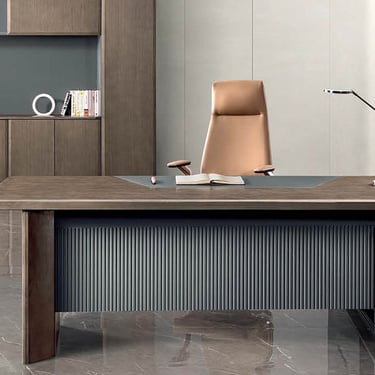
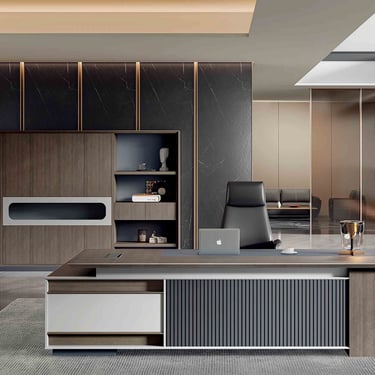
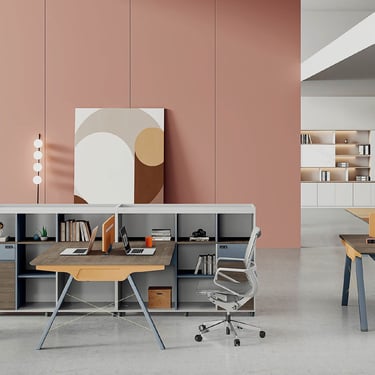
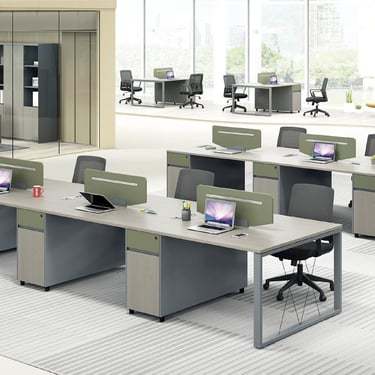
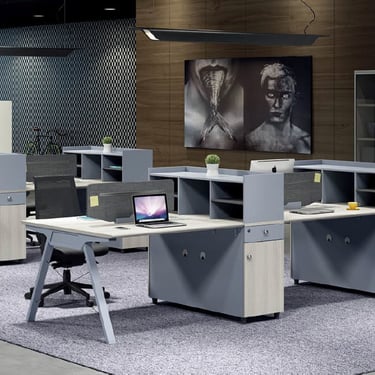
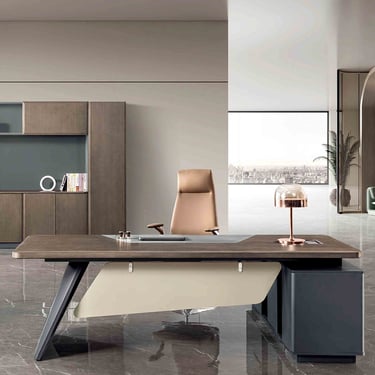
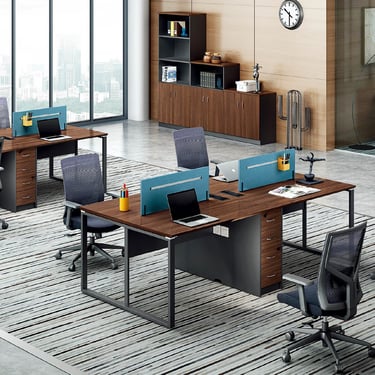
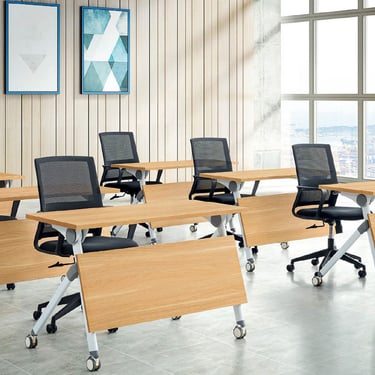
The modern workplace has undergone a significant transformation, embracing flexibility, collaboration, and technology integration. Key concepts shaping the future of work include:
Remote Work and Hybrid Models
Allowing employees to work remotely or adopt a hybrid model requires:
Reliable internet connectivity
Secure access to company networks (VPNs)
Collaboration tools (e.g., Slack, Microsoft Teams)
Cloud-based applications for document sharing and management
Flexible Workspaces
Creating adaptable spaces involves:
Adjustable furniture (e.g., desks, movable partitions)
Hot-desking systems
Areas for both quiet work and collaboration
Digital Transformation
Embracing digital tools and technologies requires:
Adoption of AI and automation tools
Digital literacy training for employees
Integration of IoT devices for intelligent office management
Sustainability
Building an environmentally conscious workplace involves:
Energy-efficient lighting and appliances
Waste reduction and recycling programs
Use of sustainable materials in office design
Well-being and Ergonomics
Prioritising employee well-being and ergonomics requires:
Ergonomic furniture
Access to health and wellness programs
Designated relaxation and recreation areas
Collaboration and Innovation Spaces
Fostering collaboration and innovation requires:
Open-plan areas for team collaboration
Interactive whiteboards and brainstorming tools
Innovation labs or creative hubs
Diversity and Inclusion
Creating an inclusive and welcoming workplace requires:
Inclusive policies and practices
Diversity training and awareness programs
Accessible office design
Data Security and Privacy
Protecting sensitive data and ensuring privacy requires:
Robust cybersecurity measures
Regular security audits and compliance checks
Employee training on data protection practices
